With visitor numbers having dropped by around 200,000 since their peak in the late 1980s, Dr Durrell says the organisation has also discussed leaving the Island if its problems persisted.
She said that collapsing tourist numbers were just one of the contributing factors threatening the future of Durrell and that if it came to it, the park would have to close.
‘We are suffering from the collapse of the tourism industry in the Island,’ she said.
‘I’m sorry to say it, but that is exactly what has happened.
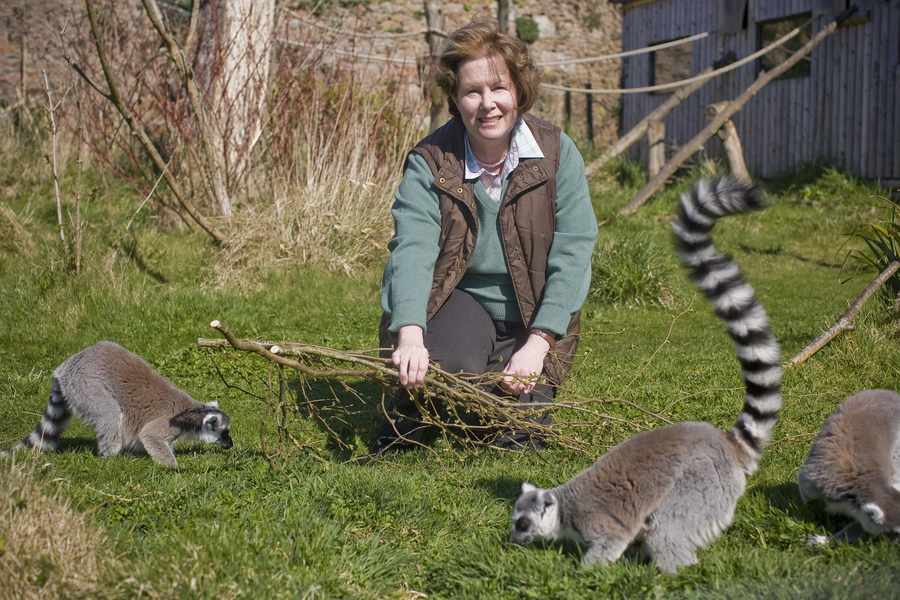
‘In 1989 there were 380,000 visitors and now there are 180,000. Because of the loss in numbers we cannot make up the shortfall in income.’
Dr Durrell added that a lack of visitors to the park has meant that the trust cannot do its vital conservation work in Jersey and around the globe.
The comments were made by Dr Durrell during an event organised by Network Jersey at the Royal Yacht hotel recently, where she highlighted her concerns for the park.
When asked whether there was any likelihood that Durrell would leave Jersey as a result of its current financial difficulties, she said: ‘I have to be honest and say that has been discussed. However, I don’t think that we can do that.
‘If it came to it, then I think we would close.’
However, the trust’s director said that she was confident that new fundraising initiatives would help improve the financial situation.
She said that a non-profit organisation had been launched in the USA named American Friends of Durrell that had already raised significant funds and that a UK-based fundraiser was also on board to help the team.
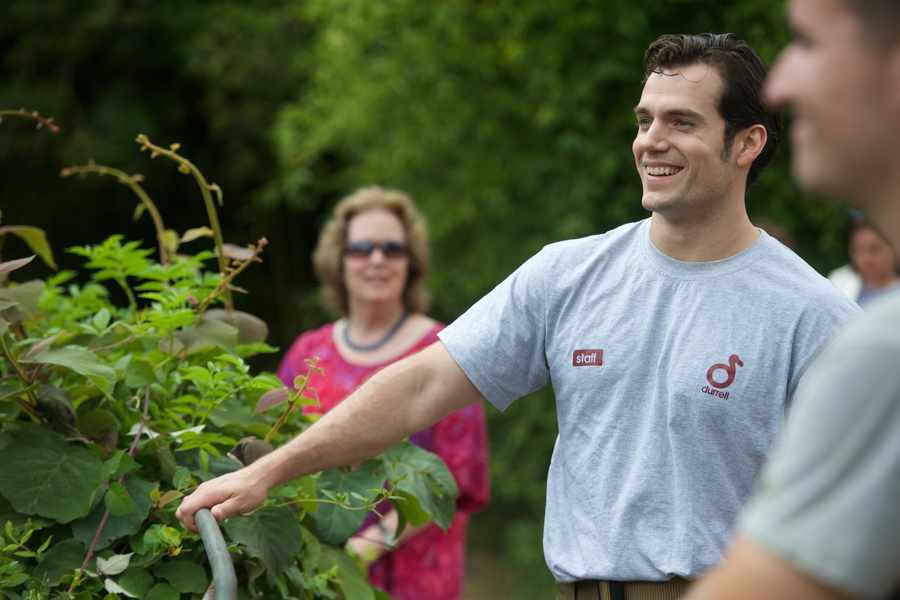
‘If the park had to close it would be disastrous for Durrell and it would be a really sad day for Jersey,’ she added.
The scientist and author was asked if she had a particular wish for the Trust and she replied: ‘It would be for Durrell to have an endowment and be funded like a university so that we can be free to not only continue the conservation work that we do now but also to expand it.’
She said that funding shortfalls meant that the Trust, which works to protect some of the most endangered species on the planet, cannot expand any of its work as it does not have the resources to do so. ‘It is so needed and we know we can do it. We have the best staff in the world and we know how to attract great people,’ she said.
Lee Durrell further stated that moves to reinvigorate the Island’s tourism industry were also encouraging. ‘Let us hope there is some resurgence in tourism and that visitor numbers to the Park increase again. If the Park had to close it would be disastrous for Durrell and it would be a really sad day for Jersey.’ she said.
The wildlife park was established in 1958 by Gerald Durrell – the former director and Dr Durrell’s husband – to protect rare and endangered animals. Mr Durrell, who died in 1995, was given consent to open the wildlife park within just 24 hours from the Bailiff of the day.
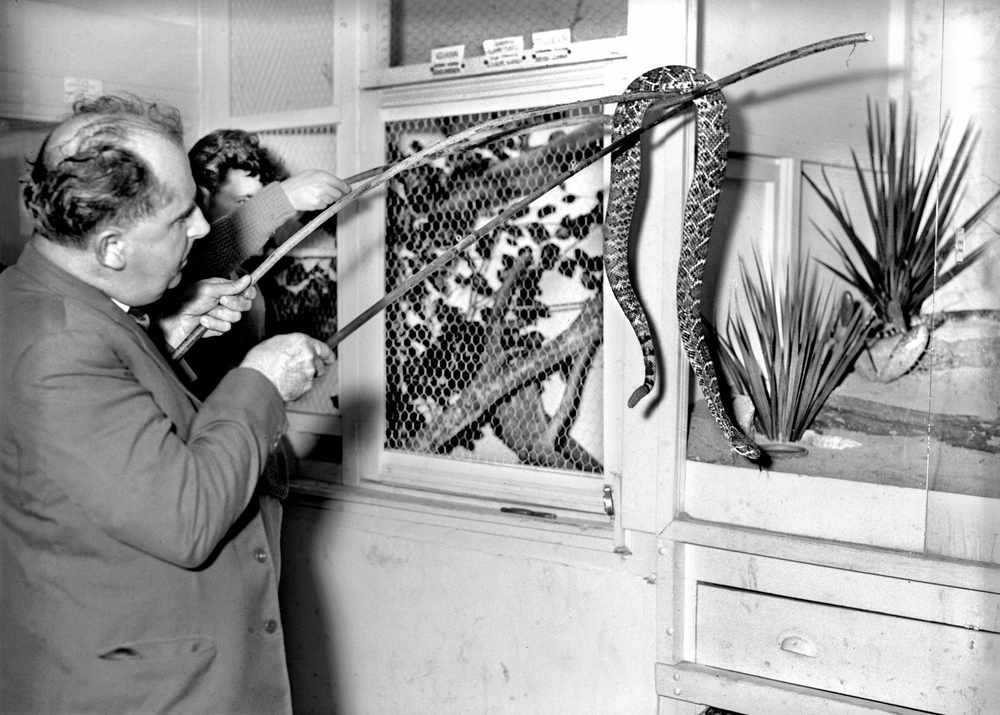
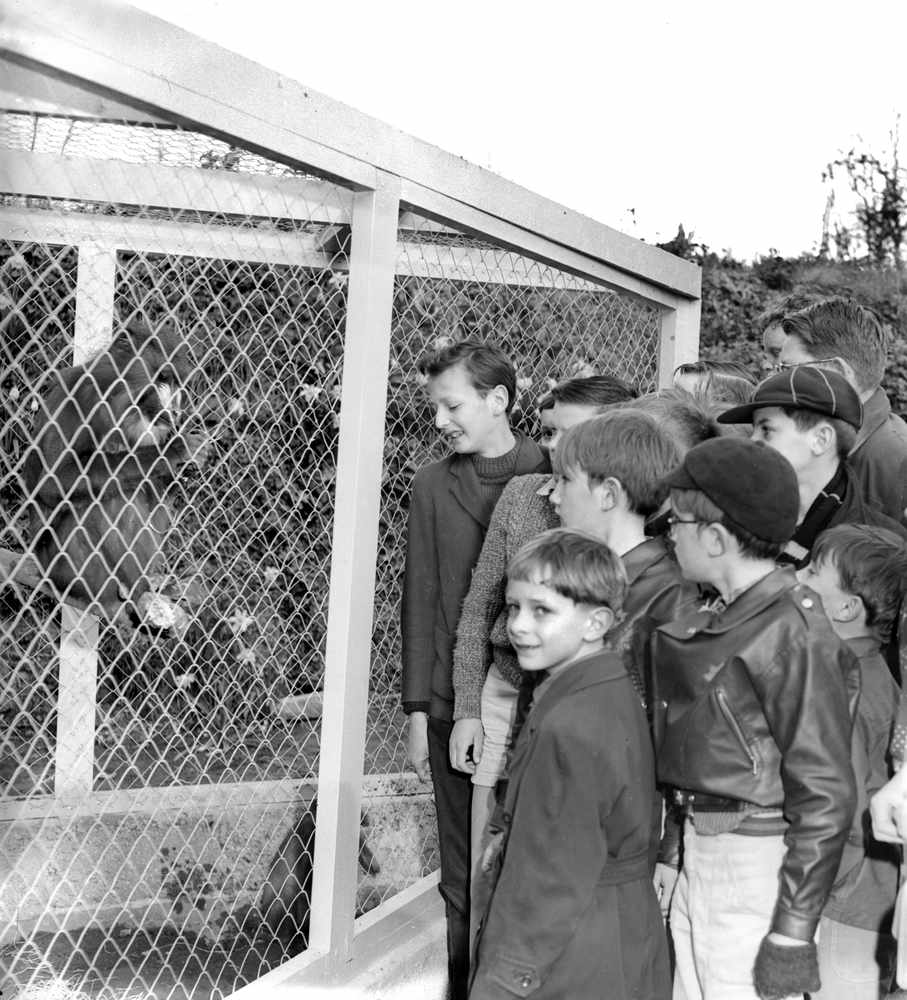
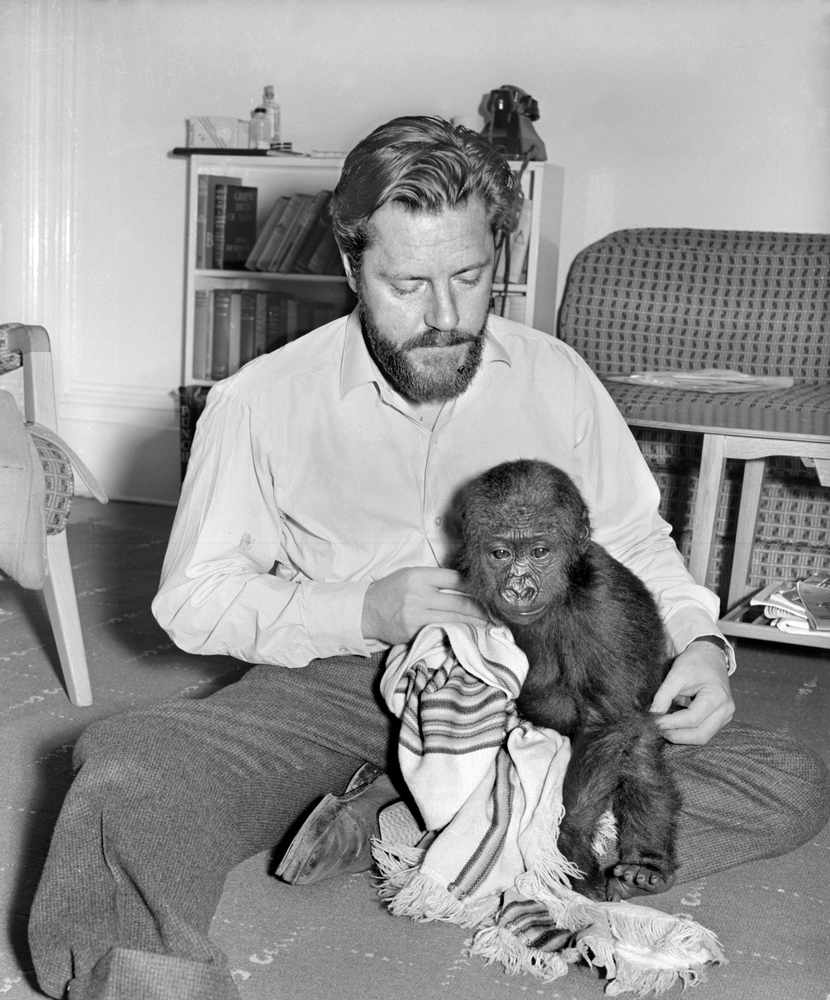
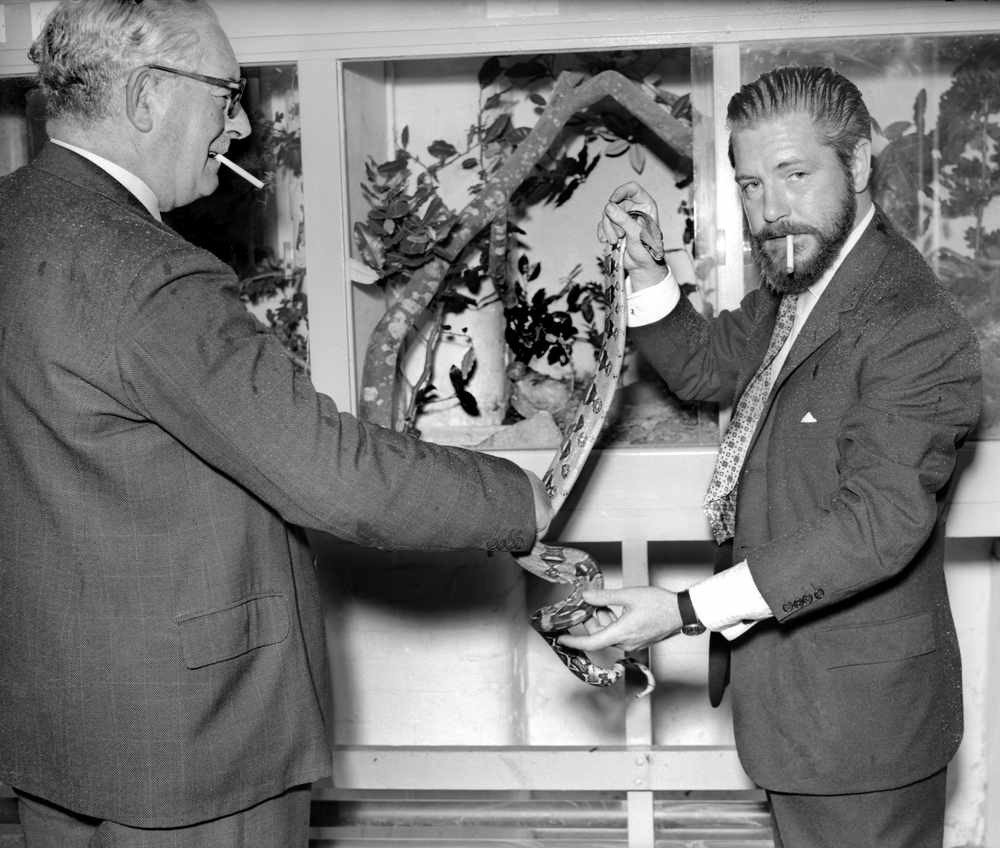
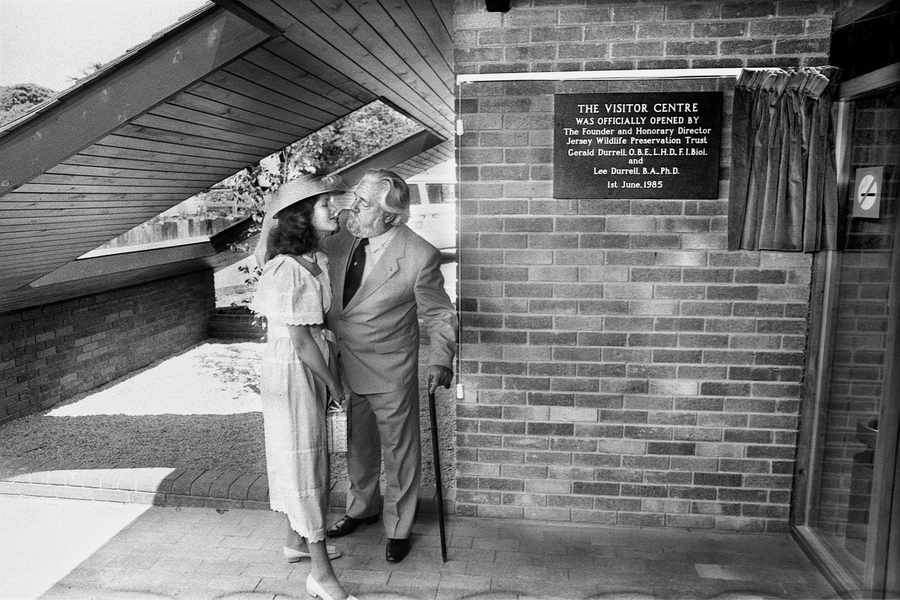
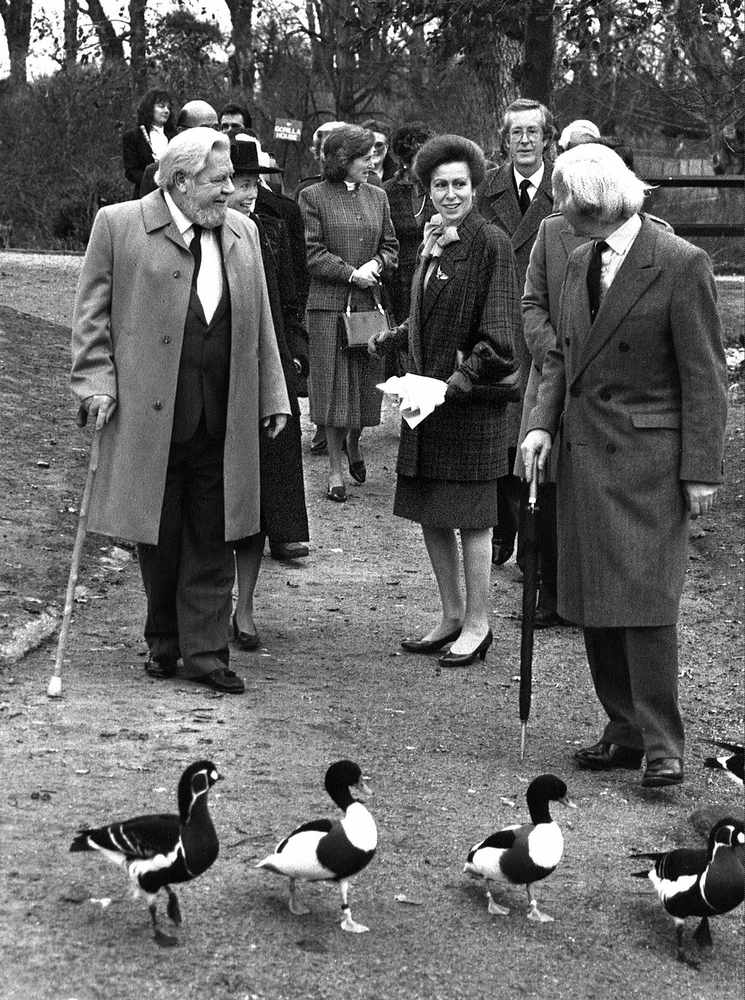
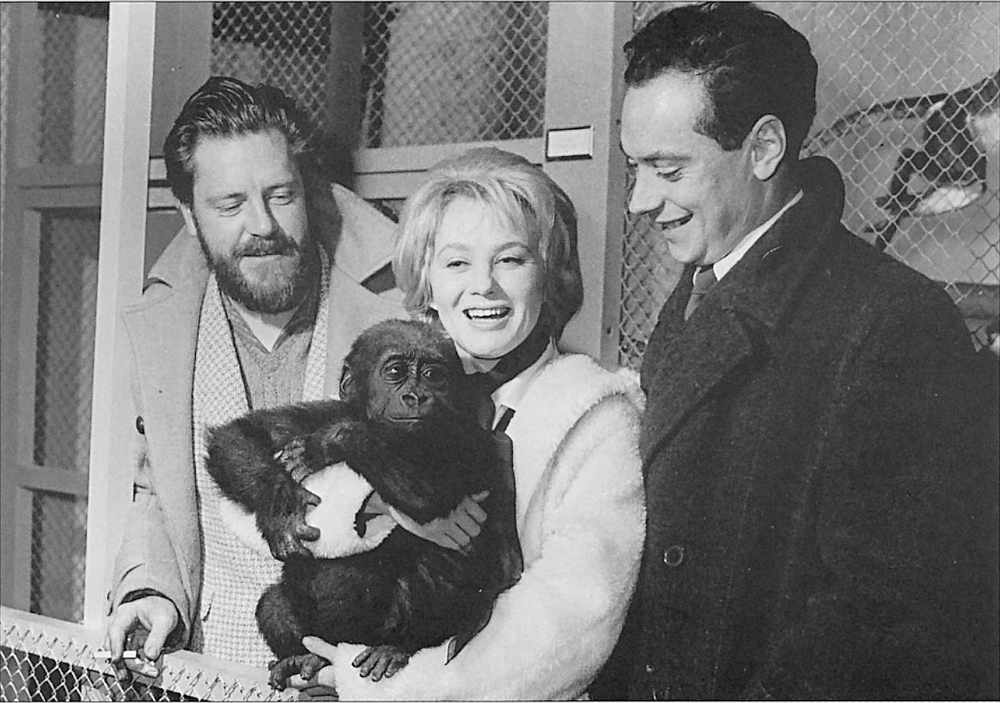
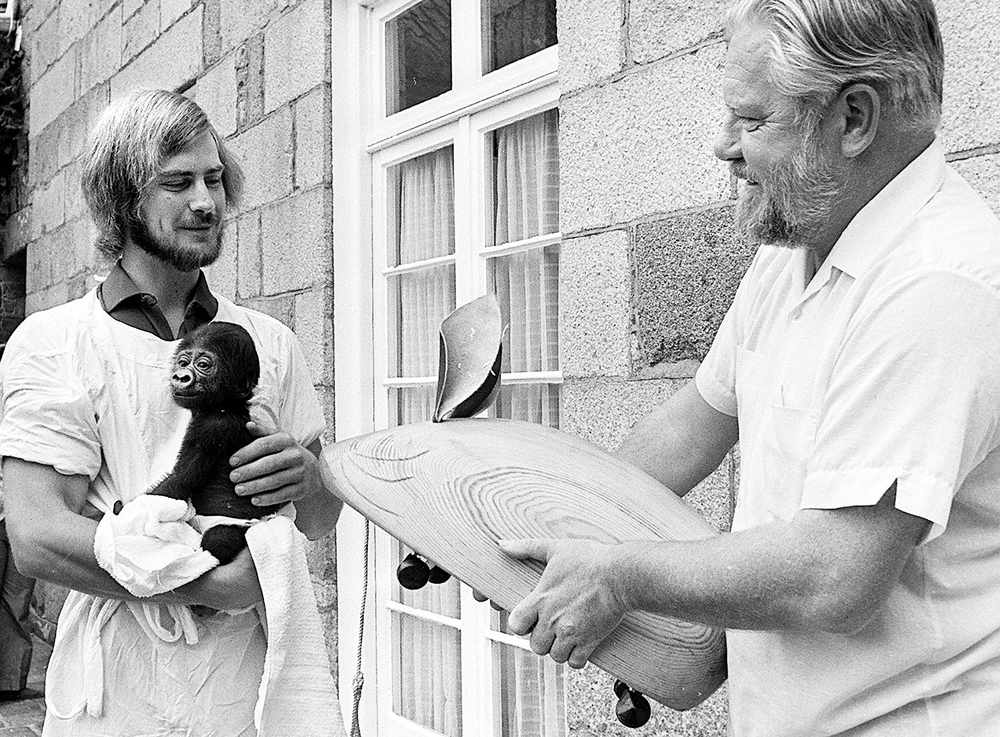
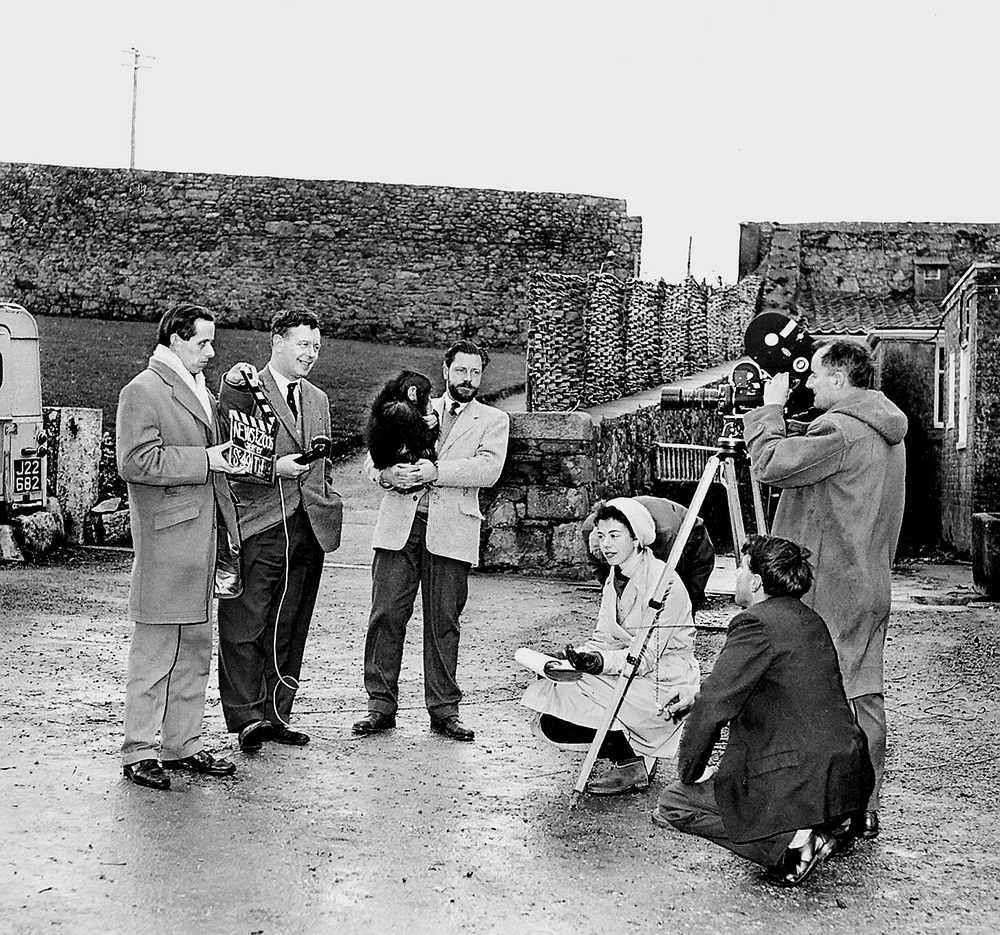
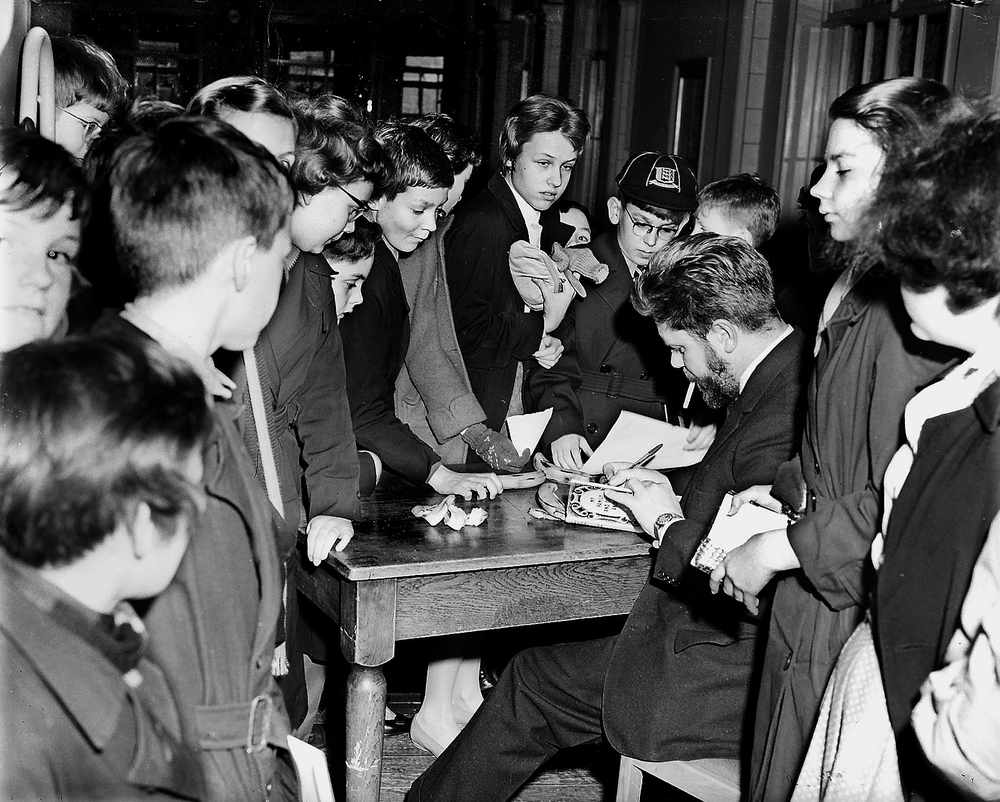
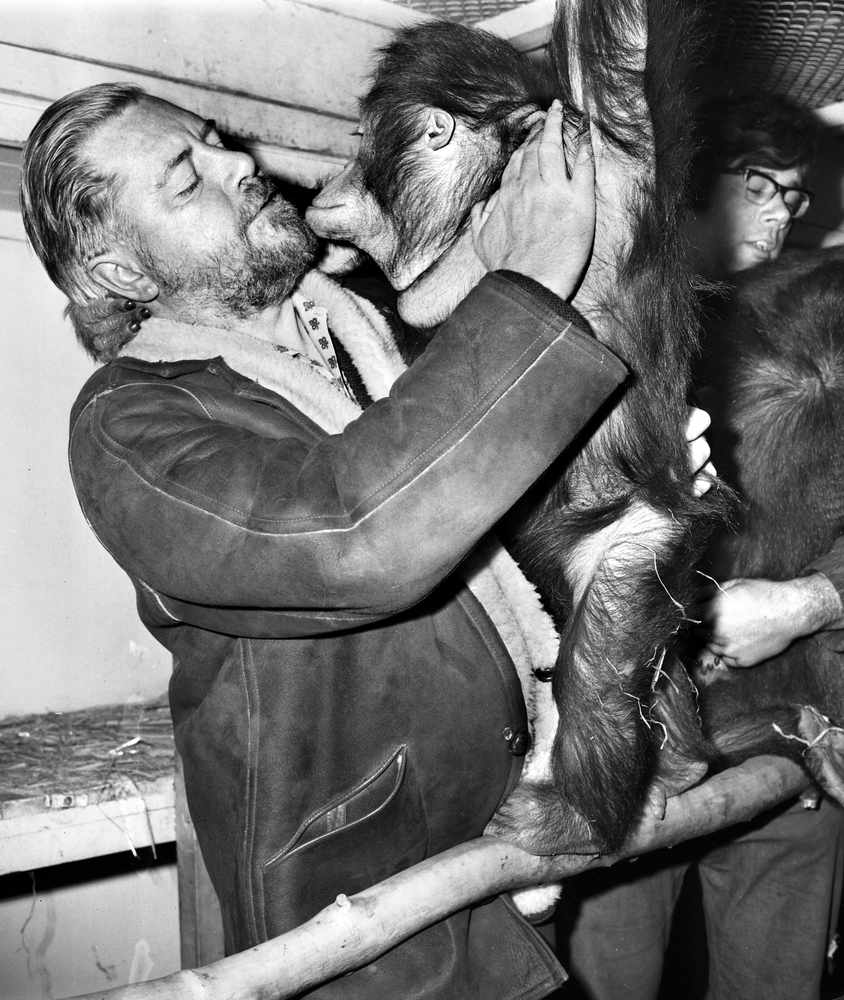
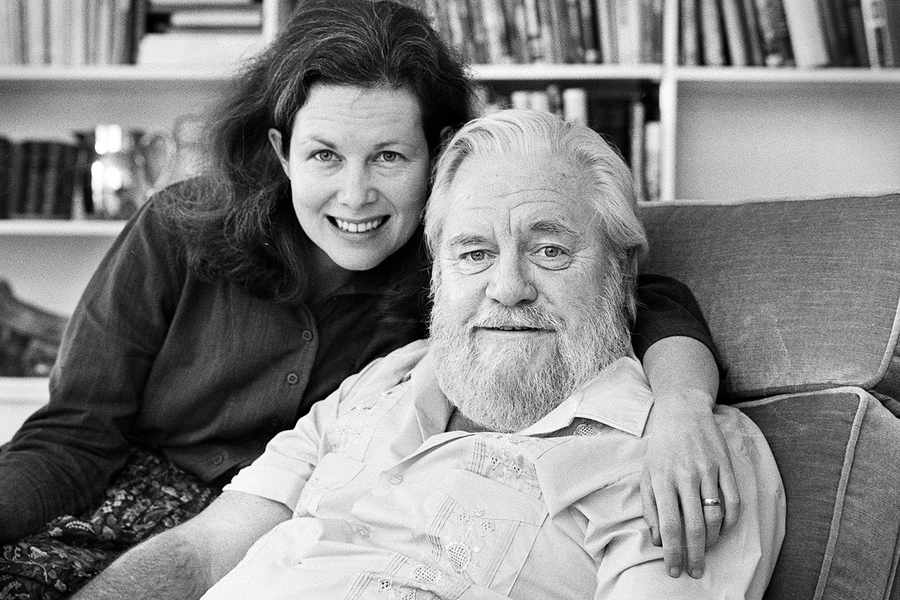
MORE than 6,000 people visited Gerald Durrell’s zoo in Trinity in the four days after its doors were first opened to the public 50 years ago.
Mr Durrell was not present to see the great amount of interest which his menagerie at Les Augrès Manor created, as he was on a trip to South America obtaining more animals for the collection.
At that time, Ken Smith, who had been on previous collecting expeditions with Mr Durrell, held the fort, and in the days before the opening of the zoo the staff were busy converting barns into monkey and reptile houses and preparing services which the public would need.
Anyone visiting the zoo around that time would have seen tapirs Claudius and Claudina, chimpanzees Cholmondeley and Lulu, as well as Leo the lion, which according to Gerald Durrell ‘never roared’.
The collection went on to include whitecollared peccaries, Cameroon clawed frogs, a slow loris and a quokka (a small marsupial the size of a large domestic cat).
When Mr Durrell returned from South America and saw the zoo up and running and of great interest to the public, he was so excited that he didn’t know what to do first — run around the site and take a look or make arrangements for the animals which he had brought home with him.
The zoo was turned into a charitable trust in 1963. Looking back on Mr Durrell’s landmark decision 50 years ago to choose Les Augrès Manor as the place for his zoo, his widow Lee said that he would be delighted to know how much his vision had progressed.
‘Gerry knew from the age of six that he wanted to own a zoo, and he never doubted that it would happen,’ she said.
His vision of just how endangered so many species would become within a short time has turned out to be harsh reality. Mrs Durrell, who has a doctorate in animal behaviour and communication, said that from the outset there had been gorillas at the zoo, and the breeding programme developed there had been very successful.
They are critically endangered in the wild in Africa because they are used for bushmeat, which is even served up in some European restaurants.
‘Gorillas in the wild are also threatened by the ebola virus and the destruction of their habitat,’ Mrs Durrell said.
‘It is hugely important that the public continue to visit us and support our work. Around 25 per cent of our income is from paying visitors, and their money is vital in funding the care of the animals here and our conservation projects around the world,’ she said.
Although Gerald Durrell is no longer present to see that the work he started more than 50 years ago to save endangered species is more important than ever before, Mrs Durrell said that he had lived long enough to be amazed at the development of the training centre set up at the wildlife park to show students from around the world how to care for species in their countries.
‘The Durrell team are still going strong, including some of those who never met Gerry but who are inspired by his spirit and values and are determined to follow what he set up,’ she said.
Asked if despite his travels, Mr Durrell had regarded returning to Jersey as coming home, Mrs Durrell said that he had had a great affection for the Island.
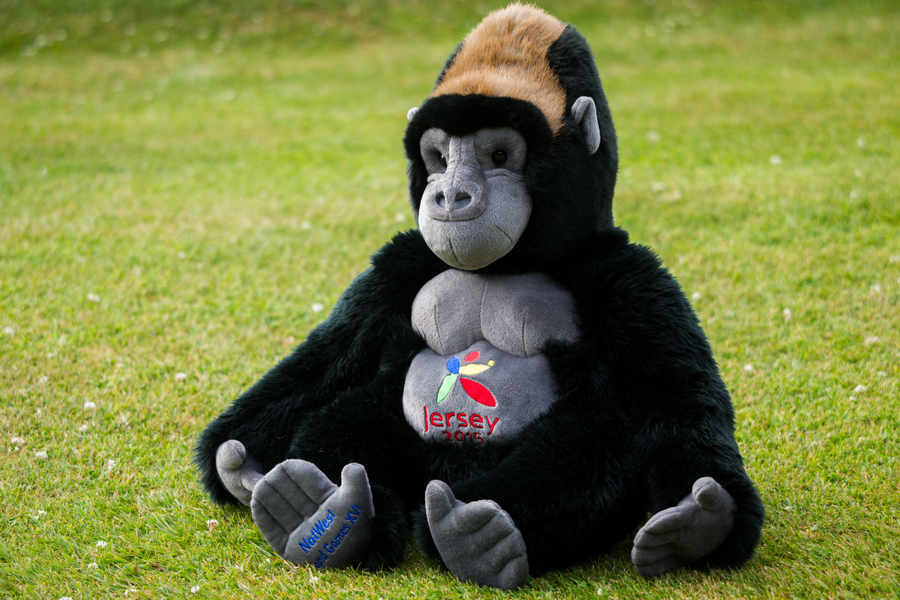
MASCOTS for the 2015 NatWest Island Games that are modelled on Durrell’s youngest silverback gorilla went on sale in December last year.
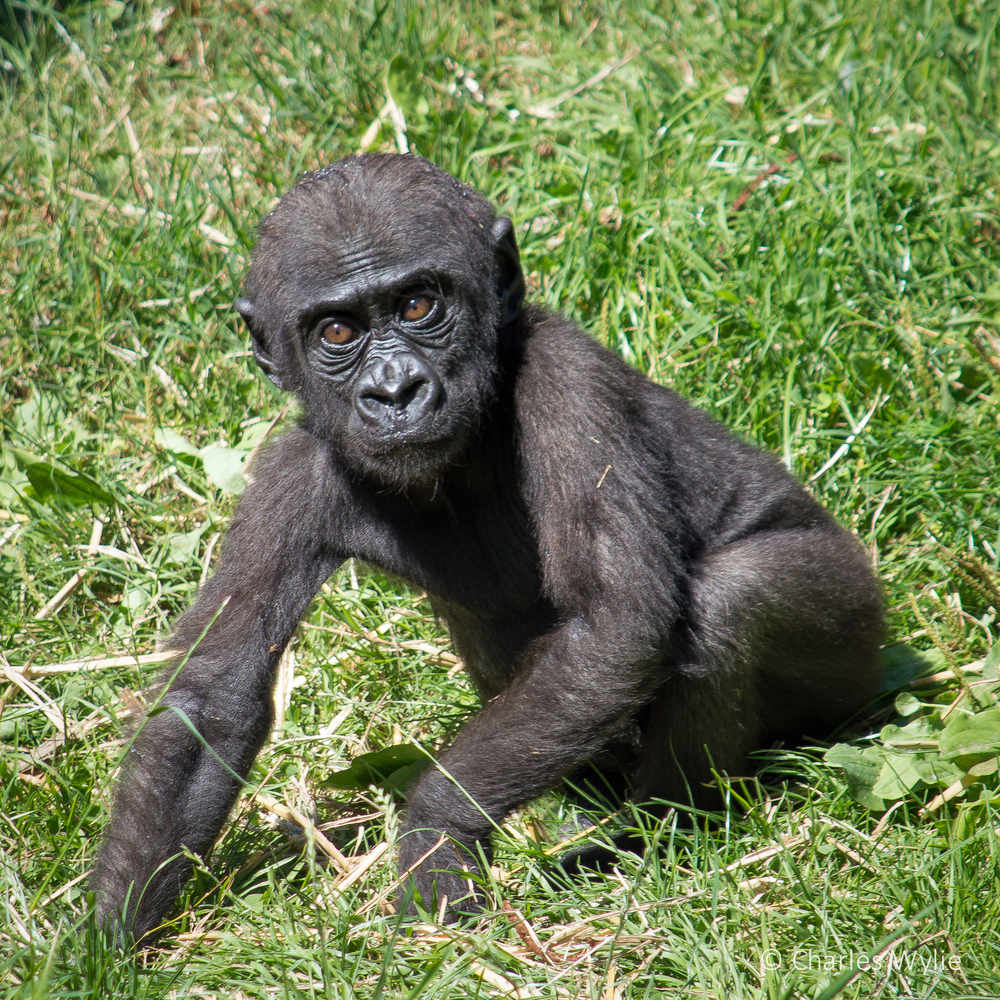
Two-year-old Indigo was the first gorilla to be born at the park in more than a decade and was chosen as the mascot for the games because of his youth and energy.
And following the decision to name the gorilla as the first living ambassador in the history of the games, Islanders can now buy a limited-edition replica soft toy in order to raise funds for the Durrell Wildlife Conservation Trust.
The mascots are on sale at Durrell wildlife park, the Tourist Information Centre and at the Island’s three Waitrose branches. Kelly Barker, head of marketing and commercial at Durrell, said that the trust was very excited that Indigo had been chosen for the role of mascot.
‘He has an engaging character that resonates with visitors from all around the world and we hope him being mascot will bring further awareness and important funds to continue to help save species from extinction,’ she said.






